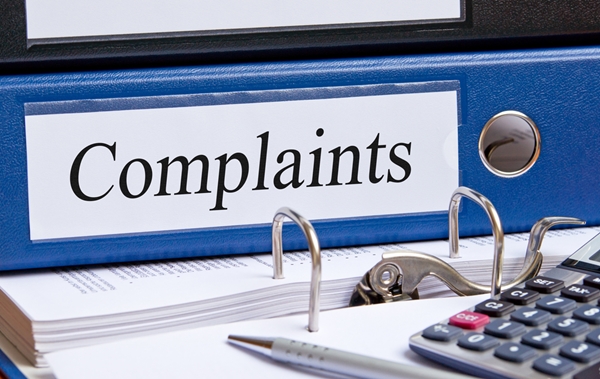When you have frequent issues with a company, government agency or other business, sending a complaint letter is one way to get your problems heard. However, if you’ve reached the point of letter writing, you’re probably already in a very frustrated state. This can lead to a lot of problems in your message that could detract from the overall situation. So, to make sure your complaint is heard as it should be, make sure you’re practicing proper etiquette. Here are a few suggestions the next time you write to convey a problem:
Be concise
Ranting will get you nowhere. In fact, it might get your message a one way trip to the trash. Officials do not have time to read through a laundry list of situation after situation. When you begin to write your note, pull back on the urge to word dump, and state your issue in a clear and concise manner. It also wouldn’t hurt to use personalized stationery for a professional look. The straightforward explanation will be appreciated by the recipient and will explain your problem a lot better than several pages of complaining.
Provide evidence
Along with being precise in your writing, provide evidence of your problems. If you had an unprofessional email encounter, send copies of the conversation with the letter. Photos are another piece of proof you can send if it’s pertinent to the situation.
If you do not have any hard evidence, then explain in simple terms what took place to cause you discomfort. To give your explanation more credence, give specific dates, times and names, if possible.
Stay polite
Anyone who has dealt with poor customer service or had frequent troubles with the same company or service knows it is extremely hard to stay polite when lodging a complaint. However, going off on the recipient about his or her shoddy services will make the readers less sympathetic to your cause.
To avoid any abuse sneaking into your message, don’t write it in one sitting. Come to the message calm, and if you feel yourself getting worked up, take a break. If you passionately wrote a letter after an incident, use that as a very rough draft of your final message. Don’t send it. Instead, take the pertinent information from the draft and transfer it to a more professional version of the letter. The initial note is a good way to let off some steam, but sending it probably won’t receive much response.
Offer a solution
Don’t give your contact a chance to think “Well, what do you want me to do about it?” Instead, end your letter with a clear call to action. For instance, if you’re upset about a recent environmental issue, instead of berating the reader, say something like, “Please be advised that if the attached issues are not resolved or addressed in a week, I will be bringing the situation to the U.S. Environmental Protection Agency.”
Keeping a level head and writing a professional letter will make recipients take your message seriously and give you a prompt response.

